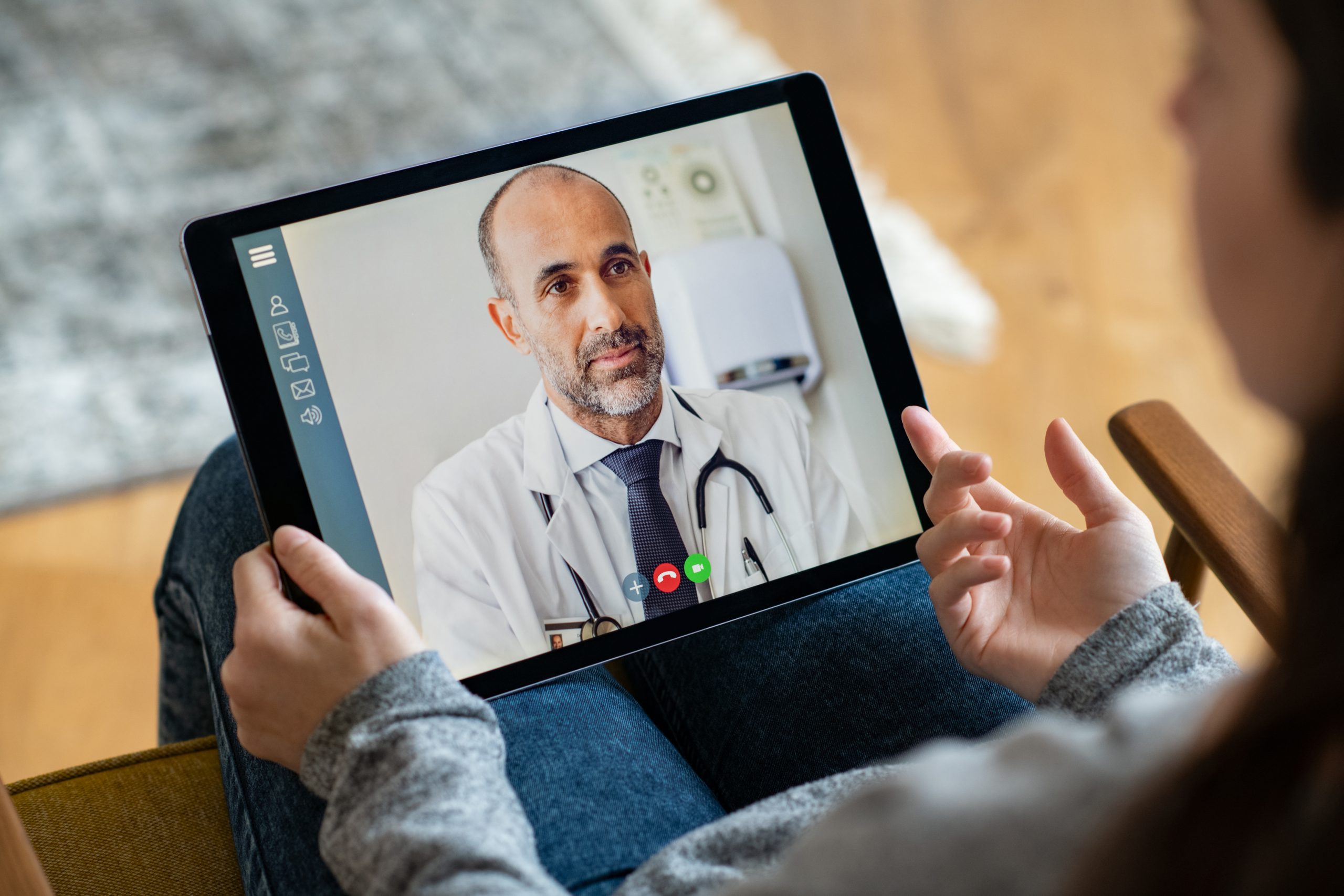Technology has become an integral part of our daily lives. It’s rare to hear a story without feeling the urge to visualize it, often through a photo. Cash payments are increasingly uncommon, as digital transactions take center stage. When faced with unclear information, we rely on search engines to provide quick answers, making online recipe searches our go-to solution for culinary inspiration.
Amid these digital interactions, you’ll likely encounter resources that highlight crucial health indicators for a better life. Information on tracking your steps, screen time, and essential dietary supplements is readily available on any smartphone.
If we were to outline how technology can enhance our health in a structured way—beyond its already essential role in modern living—it might look like this:
Continuous Health Monitoring
Wearable devices, like smartwatches, track vital parameters such as heart rate, physical activity, sleep quality, and blood oxygen levels. This constant monitoring helps you notice subtle changes in your health and encourages proactive steps toward your wellness goals.
Early Detection of Health Issues
Simple, accessible devices that measure parameters like blood glucose levels and oxygen saturation, combined with artificial intelligence, can analyze data to identify early signs of conditions such as cardiac arrhythmias or diabetes risk. Early detection allows for prompt and effective intervention when monitored by both you and your healthcare provider.
Promoting a Healthy Lifestyle
Regular engagement with your health devices can lead to personalized recommendations for nutrition, exercise, and stress management. Health apps can motivate you with alerts to meet daily goals, provided you engage with them. Setting realistic goals is essential; be patient with yourself, especially in the beginning, to avoid burnout and maintain motivation.
Improving Adherence to Treatment
Smart devices can remind you to take medications, check blood sugar levels, or monitor blood pressure. This feature enhances the management of chronic diseases and helps prevent complications. Recognizing your limits is crucial; when life gets overwhelming, technology can help you stay on track.
Access to Health Information and Resources
Mobile apps and online platforms offer easy access to up-to-date health information, including articles, guides, and disease prevention resources. Staying engaged with these tools
can help you adopt healthier behaviors. By sharing your data, you contribute to improving algorithms that benefit all users, fostering a sense of social responsibility.
Better Communication with Healthcare Professionals
Smart technologies facilitate data sharing between patients and doctors, streamlining the tracking of health parameters and risks. Telemedicine and data-driven adjustments to treatment plans reduce the need for in-person visits and enhance ongoing health monitoring. In conclusion, by embracing technology and taking a proactive approach to your health, you can potentially delay or even avoid many health issues. This journey requires curiosity about technology, consistency, and a willingness to follow AI-driven suggestions. Over time, these new habits will enable you to focus your energy on what brings you joy while technology manages the broader aspects of your health.


